Canadians join global protests in solidarity with Iranian uprising.
Protesters in Montreal and Ottawa demanded the fall of the Islamic regime and the return of Reza Pahlavi, the son of the former Shah of Iran who has been in exile in the United States for 47 years.
“We are here to be the voice of the Iranian people, who are currently in the streets of Iran and are being tortured and killed by the Iranian regime while they demand regime change to bring back King Reza Pahlavi,” said Katayoon Haghzadeh during the Montreal event, which drew several hundred people.
Demonstrations were also held Saturday in other cities around the world, and an event was held in Toronto on Friday.
Pahlavi, the exiled crown prince who’d called for protests for the end of last week, asked in his latest message for demonstrations in Iran to continue over the weekend. He urged protesters to carry Iran’s old lion-and-sun flag and other national symbols -- with the flag prominently displayed at Saturday’s event in Montreal.
Protests over Iran’s faltering economy began on Dec. 28 and have evolved into the biggest challenge for the government in years. Iran’s theocracy cut internet and telephone service on Thursday, severely limiting information about the protests.
The death toll in the demonstrations has grown to at least 72 people killed and over 2,300 others detained, according to the U.S.-based Human Rights Activists News Agency.
The lack of information weighs heavily on the Iranian diaspora.
In Montreal, Kiarash Seyedi displayed the photos of three protesters killed in the first days of the demonstrations when information flowed more freely.
“My people are being killed in my home country in silence and darkness where the government shut down the internet and phone lines, so this is the very least thing that I can do for my people to get their freedom,” Seyedi said.
Nesha, who asked her family name not be used to protect members in Iran, said there’s no way to contact people in the country.
“I’m really worried about my family, who are all in Iran. I’m alone here,” she said.
“We’re under a lot of stress and heartbreak, but they continue to fight against this very cruel regime.”
Since the start of the protests in Iran, U.S. President Donald Trump has expressed his support for the Iranian people. He has repeatedly stated his readiness to help and that U.S. intervention would be considered if the regime killed protesters.
Supreme Leader Ayatollah Ali Khamenei has signalled a coming clampdown, despite U.S. warnings. On Saturday, Iran’s attorney general warned anyone taking part in protests or helping rioters would face a death-penalty charge.
Protesters marching in downtown Montreal toward the U.S. consulate on Saturday welcomed American government support for protests, but also wanted Canada’s government to step up.
“It is thanks to this (U.S.) support that the regime has not succeeded in carrying out a massacre,” said Kiasa Nazeran, who emphasized that Canada’s support is also paramount.
“We want to tell all Canadian citizens and their politicians that the regime is killing Iranian men and women in our country, but they will not stop the fight. The revolution continues, and we need your support -- steadfast support.”
On Friday, the foreign ministers of Australia, Canada, and the European Union issued a joint statement condemning the violence against the Iranian people.
Prime Minister Mark Carney also reacted to the reports of violence, arbitrary arrests and intimidation tactics by the Iranian regime, urging it to guarantee freedom of expression and peaceful assembly without fear of reprisal.
This report by The Canadian Press was first published Jan. 10, 2026.
—With files from AP
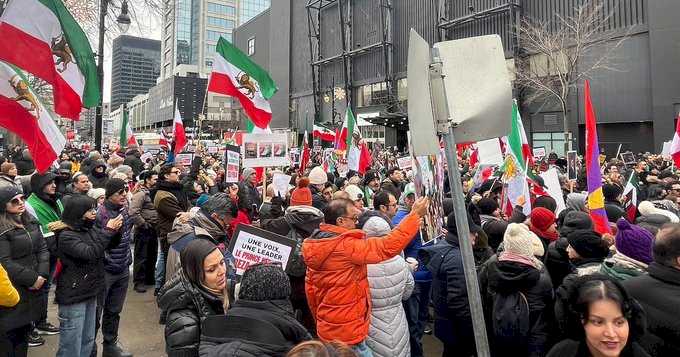

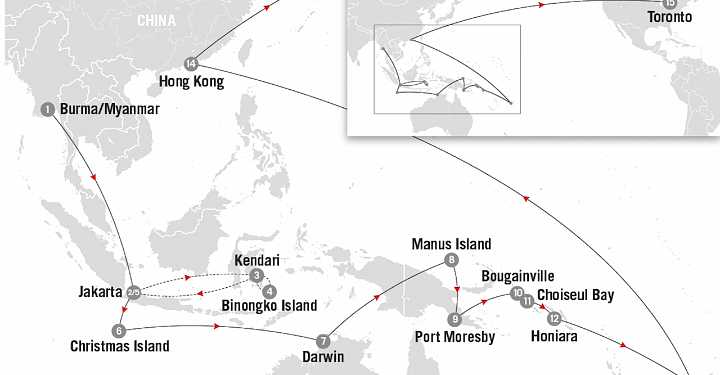


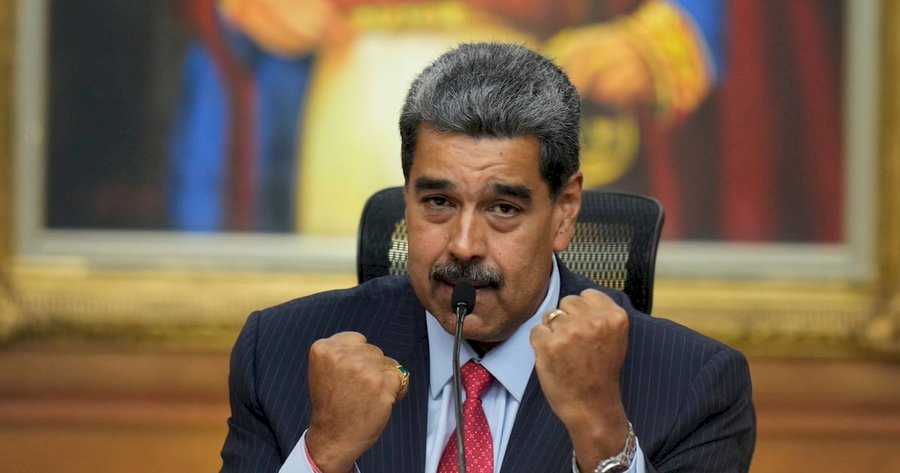
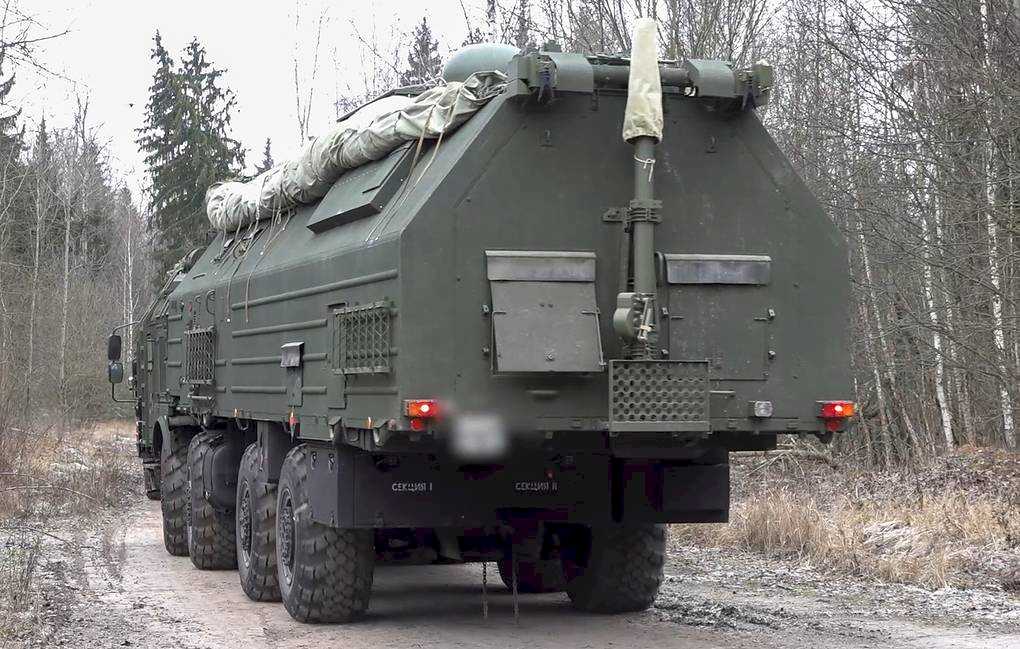
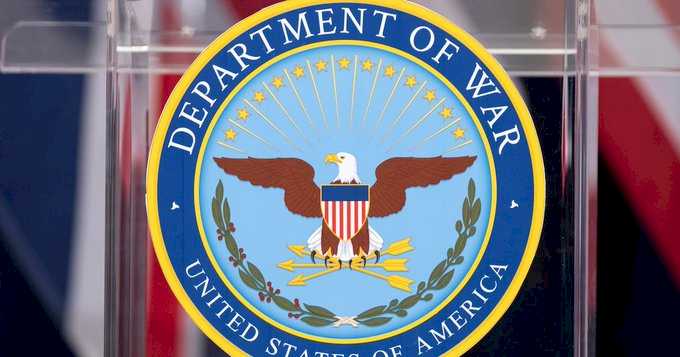
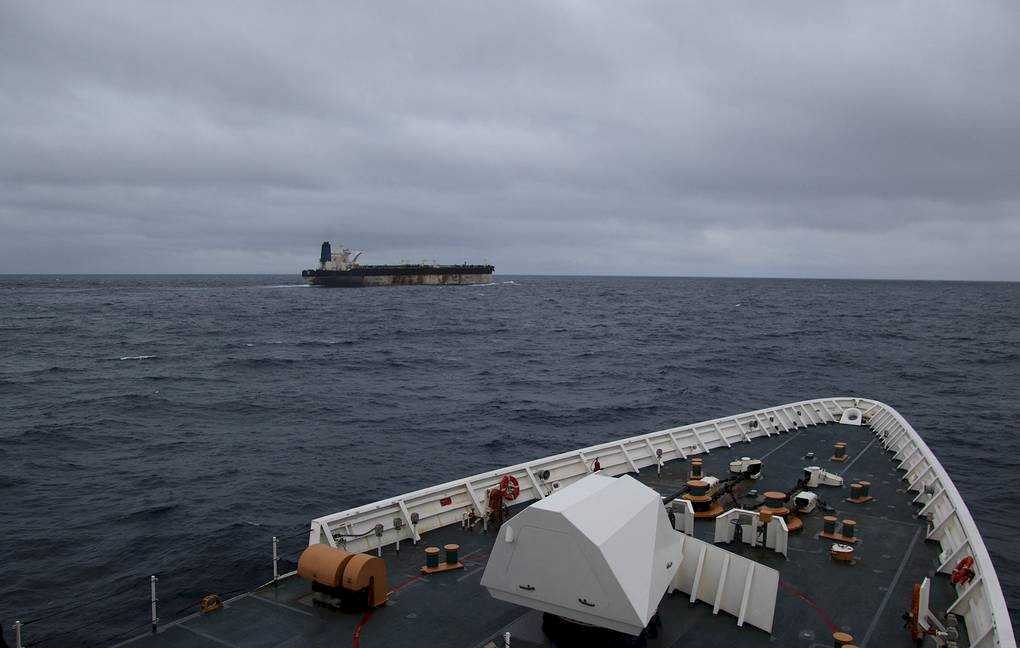
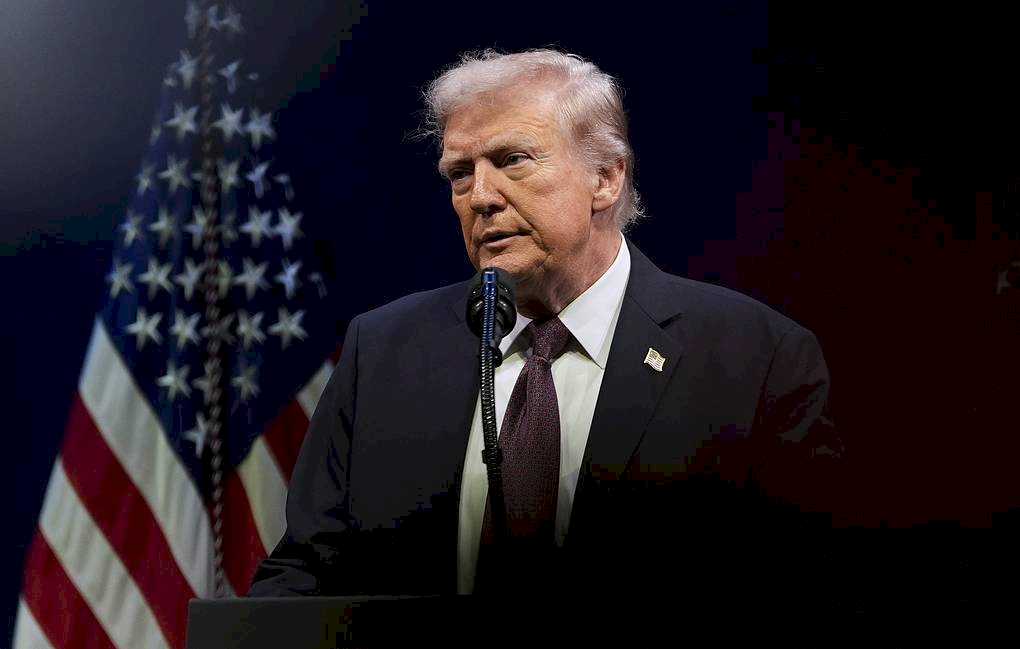
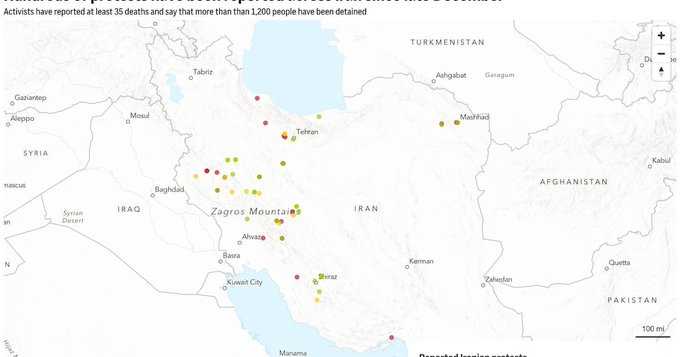
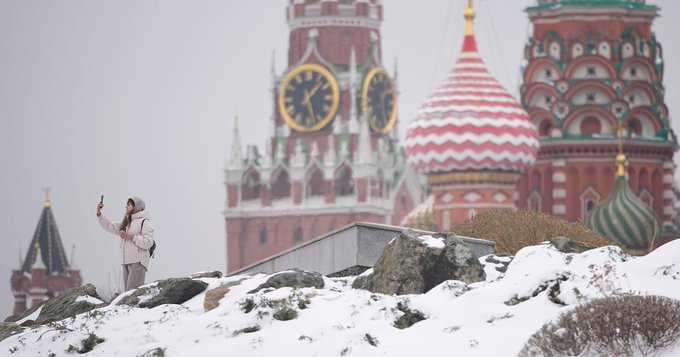
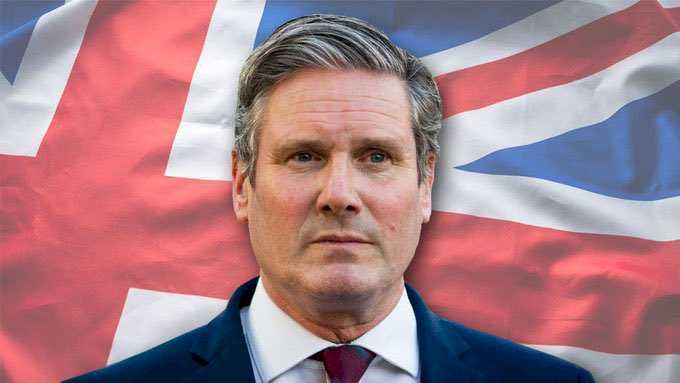
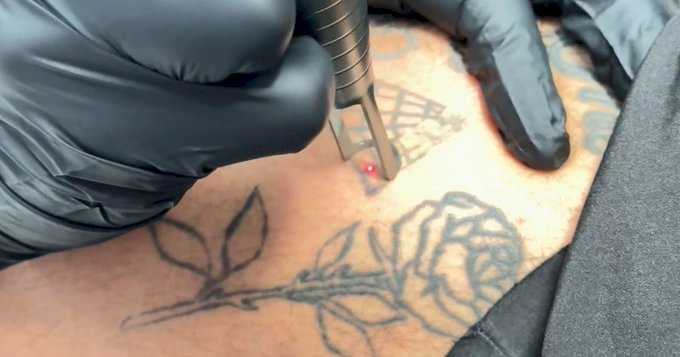



Global News on Umojja.com